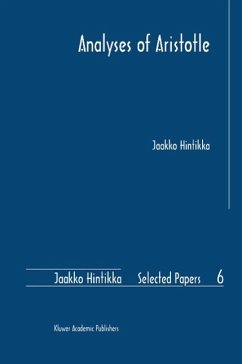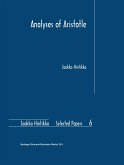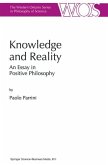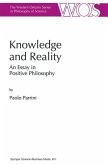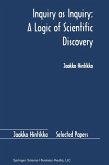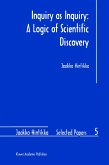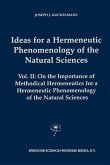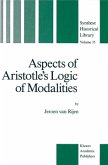Aristotle thought of his logic and methodology as applications of the Socratic questioning method. In particular, logic was originally a study of answers necessitated by earlier answers. For Aristotle, thought-experiments were real experiments in the sense that by realizing forms in one's mind, one can read off their properties and interrelations. Treating forms as independent entities, knowable one by one, committed Aristotle to his mode of syllogistic explanation. He did not think of existence, predication and identity as separate senses of estin. Aristotle thus serves as an example of a thinker who did not rely on the distinction between the allegedly different Fregean senses, thereby shedding new light on our own conceptual presuppositions.
This collection comprises several striking interpretations that Jaakko Hintikka has put forward over the years, constituting a challenge not only to Aristotelian scholars and historians of ideas, but to everyone interested in logic, epistemology or metaphysics and in their history.
This collection comprises several striking interpretations that Jaakko Hintikka has put forward over the years, constituting a challenge not only to Aristotelian scholars and historians of ideas, but to everyone interested in logic, epistemology or metaphysics and in their history.

